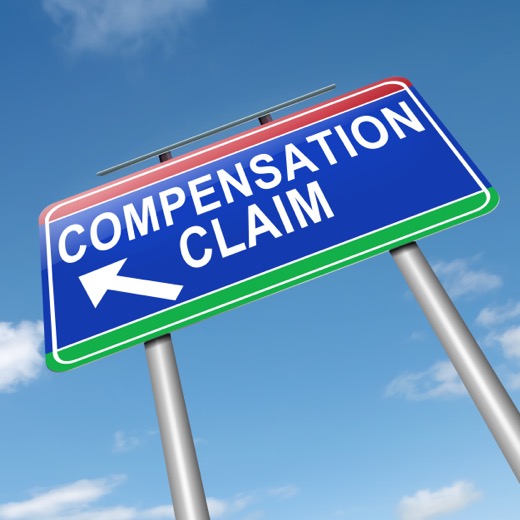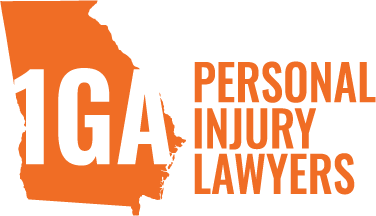Our Georgia auto accident attorneys have decades of combined experience. They’ve helped all sorts of clients get settlements for their car accident injuries. Yet one thing has not changed over the years. One of the first questions our clients have is – how much is my case worth?
As much as we would love to be able to answer this question, it wouldn’t be fair. The last thing we want to do is mislead our clients or get their hopes up for nothing. The truth is that every case is unique. It isn’t possible to tell a plaintiff exactly how much their case is worth. It certainly isn’t possible to answer this question during the free, initial consultation.
The best thing we can do is tell our clients what has happened in other cases we’ve handled. For example, we know that a claim for whiplash is never worth more than a few thousand dollars. We also know that cases involving permanent disabilities pay a lot more than other cases. It all depends on the facts of your case.
While we can’t give an exact amount of what a particular case is worth, that doesn’t mean we can’t prove insight. Certain types of cases can be grouped together. Here, we’ll explain how these different categories of personal injury lawsuits pan out. We’ll also explain what factors impact the amount your case may settle for.
The More Serious Your Injuries, the Higher Your Settlement
The general rule when it comes to car accident lawsuits is the more serious your injuries, the more money you’ll receive in a settlement. This holds true in almost all civil cases. For example, if you hurt your back in a slip and fall, you’ll settle for more than if you break your thumb in a fall. The same is true for car accidents. If you suffer a traumatic brain injury, you’re going to be entitled to more money than if you suffer a broken leg. Everything is relevant.
This is why your personal injury attorney in Georgia is going to need your medical records. They need to be able to show what sort of physical injuries you suffered in order to negotiate a settlement. If you don’t go to the emergency room immediately after your car crash, it’ll be hard to prove your damages. The defendant will claim that something other than your car accident caused your injuries.
Once they have your full medical records, they’ll have a justification for their settlement demands. In addition to your physical injuries, they’ll demand compensation for economic loss. These losses may include property damage, lost wages, and lost future income. The higher the damages for economic losses, the more you can expect to receive in your settlement.
How Is Your Settlement Calculated?
There is no one way to calculate a car accident settlement. A lot of factors have to be weighed. For example, the parties need to agree on your economic losses. On top of this, they need to compromise on whether you’re partially at fault. Finally, they’re going to have to determine how much you deserve in pain and suffering damages.
All three of these things must be negotiated between your attorney and counsel for the other driver.
Calculating Economic Losses
In order to do this, your personal injury attorney in Georgia will need to demonstrate each type of damages you’re demanding. Types of damages you can claim include the following:
- Medical expenses
- Lost wages
- Lost future income
- Property loss
Comparative Fault
It’s rare to find a car accident in which one driver is 100% at fault. There’s a good chance you’ll be held at least partially responsible for the crash. For example, imagine you’re hit by behind while waiting at a red light.
If the defendant can show that your brake lights were out, they’ll be able to persuade a judge or jury that you were partially at fault. The defendant’s attorney knows this. Your Georgia auto accident attorney will have to make concessions on this point.
Pain and Suffering
In many car accident lawsuits, damages for pain and suffering make up a lion’s share of your damages. The amount you receive for pain and suffering is usually about 3 times your economic damages. So, if your attorney and the defendant agree that your economic losses are $200,000, they could potentially agree that you deserve up to $600,000 in pain and suffering.
However, during settlement negotiations, you have to be willing to reduce this amount. You may be lucky to receive anywhere from $50,000 to $100,000 in pain and suffering. Since this money doesn’t go toward covering your out-of-pocket expenses, you can’t really argue that you’re entitled to more than that.
Once all three of these figures are agreed upon, it will be easier to come up with a total settlement amount.
Your Georgia Auto Accident Attorney Won’t Force You to Settle
If you sue somebody for injuries sustained in a car accident, there’s a good chance the case will settle. However, that doesn’t mean your attorney will force you to settle. They certainly won’t force you to accept an amount lower than your out-of-pocket expenses. However, if they negotiate a fair amount, you need to be reasonable about accepting the settlement.
Contact a Skilled Georgia Auto Accident Attorney
If you or your loved one are hurt in a car accident, you should call an attorney. One of our Georgia auto accident attorneys can review your case and give you an idea of what it may be worth. Of course, they can’t do this until they’ve had a chance to review all the evidence. Depending on the factors discussed above, you may be entitled to a large settlement.
While everybody wants as much money as possible in their car accident settlement, you also need to be realistic. You can only expect to be compensated for injuries and losses you actually suffered. Just being in a car crash isn’t enough to warrant damages.
The best thing to do is to call a seasoned Georgia auto accident attorney as soon as possible after your wreck. They’ll review all the available evidence so they have an idea of what your case may settle for. Call our office today and set up a date and time for your free, initial consultation.









